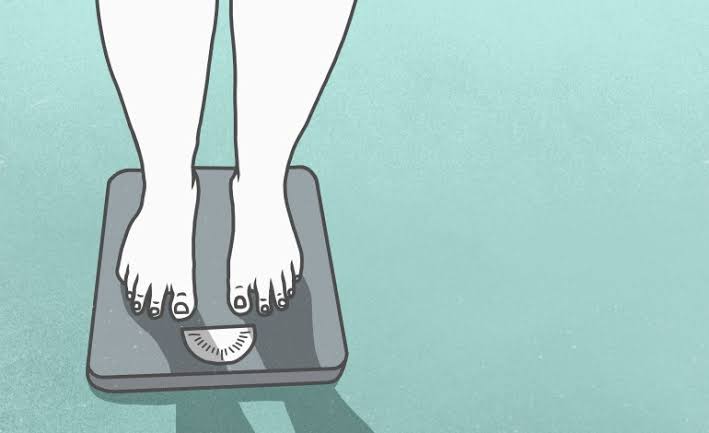Imagine this: You’re at your favorite eatery, attempting to make more wholesome food choices, when someone pipes up with that oh-so-familiar question, “Are you on a diet?” Or perhaps you’ve been told, “You’re not fat; you’re beautiful,” as if those two statements couldn’t possibly coexist. It’s a scene that unfolds far too frequently in our world, where fat-shaming seems to have taken root.
But let’s get real for a moment. Why is this still happening? Well, it often boils down to a lack of understanding about various medical conditions that might necessitate specific dietary adjustments. Conditions like PCOS, insulin resistance, and diabetes call for mindful eating, and labeling it as “dieting” misses the mark entirely.
Now, here’s where it gets interesting: the idea that being on the heavier side equates to being unattractive. This notion perpetuates unrealistic beauty standards and does a disservice to our collective self-esteem. It’s high time we grasp that health isn’t solely skin deep; it’s a complex puzzle with many pieces.
The fallout from fat-shaming isn’t just a minor annoyance. It can lead to eating disorders like bulimia and binge eating, trigger mental health struggles such as anxiety and depression, and even push individuals to contemplate darker thoughts.
In our current era, where the embrace of body positivity and the destigmatization of mental health are becoming mainstream, fat-shaming is an outdated relic. Let’s cultivate a society where people can make health-conscious choices without fearing judgment, and where compassion and understanding triumph over snide comments. Because this isn’t about being “woke”; it’s about being decent human beings who uplift, not crush.

